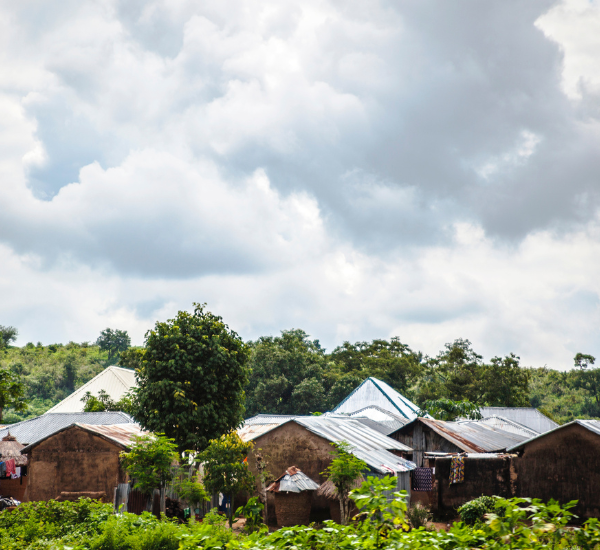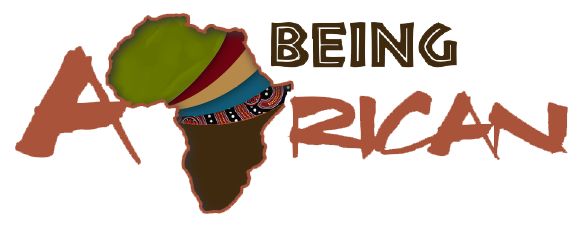
Manners & Protocols in Chewa Culture
MANNERS AND PROTOCOLS
Among the Chewa, there is evident interdependence in the community. This way of life explains the notion of sharing among people of the same community and households. The Chewa have many proverbs that promote dependence on fellow human beings while discouraging independent ways of life or individualism. The following are examples of common Chewa proverbs that support the point:
a). Kali kokhankanyama; aliawirindianthu. One is an animal; two are humans (Two are better than one)
b). Ichinchiyani, nkulingamuliawiri. It takes the company of two for one to ask: what is this?
c).Mutuumodzisusenza denga. One head does not carry a roof.
d) Chalachimodzisichiswansabwe. One finger does not kill a louse.
e) Chikunichimodzisichipsetsamphika. One piece of wood does not cook a meal.
These proverbial examples support the notion of human interdependence among the Chewa. The following proverbs specifically encourage the spirit of sharing:
a).Kachipandekathererekamakomankuyenderana. An okra meal is meaningful where there is reciprocal visitation [between neighbors].
b). Mnzakoakakutikonzu, nawensoumatikonzu. When someone does something good to you, do likewise.
In addition to proverbs, communities are strengthened by the tradition of gathering for meals. For example, Chewa meals are made of thick porridge (nsima) made from maize flour and a side plate of either vegetables or meat (ndiwo). Several people sit around the dish and pick a portion of nsima, followed by ndiwo using hands in what is called Chidyerano. As the people eat the food from one plate, they give each other turns. It is considered bad manners to have more than one hand in a plate simultaneously during a shared meal.
Sharing food and taking turns to eat from the same plate(s) may no longer be practiced in many households.
FARMING
The Chewa cultivate maize, vegetables, tobacco, millet, and nuts for food and profit. They usually have fields away from the town where they grow a wide range of crops. Fishing is also a source of income for them.
CLANS
The Phiri and the Banda are the two prominent clans among the Chewa people. The Phiri are well known for upholding kingship, while the Banda people are mainly associated with magic and healings. Some Chewa people reside in a traditional community of 50 homes. A village is typically made up of families who are related through blood or marriage. Each village has its own chief who is in charge of it.
The king of Chewa people in Malawi, Mozambique, and Zambia is KalongaGawaUndi. Every year in August, Chewa people from Malawi, Zambia, and Mozambique celebrate the Kulamba ceremony at their headquarters in Katete district in Zambia.
